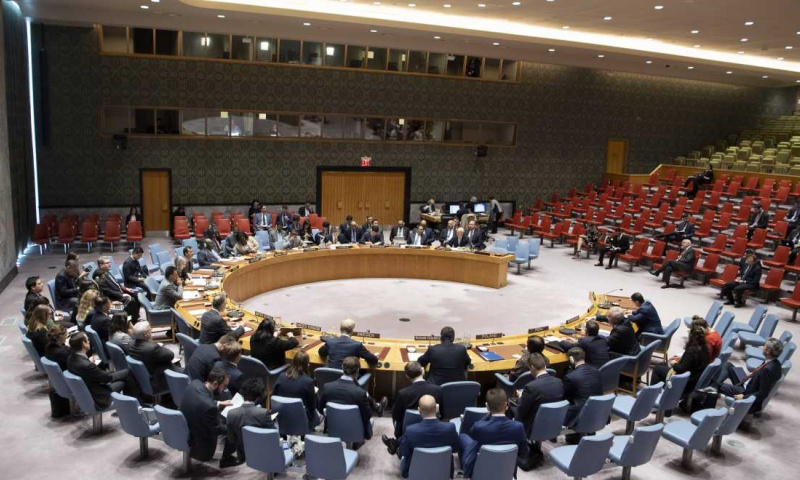
Participants of the session of the UN Security Council stressed the need to resume the negotiations on Syria within the Astana process and to support further efforts in Geneva to achieve peace in this country, reports the press service of MFA.
At the session, the delegation of Kazakhstan spoke in favor of a political settlement of the Syrian crisis, including through the formation of the Syrian Constitutional Committee.
“It is the Syrian people, who should begin to form a future political system of Syria, with the support of the world community”, the Deputy Permanent Representative of Kazakhstan to the United Nations, Kanat Tumysh, said.
Kazakhstan has urged all interested parties to cooperate in the implementation of the Memorandum on Stabilization of the Situation in the Idlib De-escalation Area, which was signed by Russia and Turkey, the two guarantor countries of the Astana process, on September 17, as well as to ensure secure and unimpeded humanitarian access to all regions of the country.
The Special Envoy of the UN Secretary-General, Staffan de Mistura, who announced his intention to leave his post by the end November, expressed his gratitude and appreciation for the efforts to regulate the Syrian crisis.
Staffan de Mistura assured that until the completion of his mandate, he will be taking intensive measures to form a Syrian Committee to draft a new constitution of the country, and will also invite representatives of the guarantor countries of the Astana process to a meeting on Syria in Geneva.
The delegations from other countries also expressed gratitude and gave a positive assessment of the efforts of Staffan de Mistura on the resolution of the Syrian crisis. Overall, it was noted that in order to end the war in Syria, it is important to continue the Geneva and Astana processes and maintain the search for novel solution[l1] s to the crisis.
So far, nine rounds of talks have been held in Astana with the aim to regulate the situation in Syria. The main result of the meetings in Kazakhstan's capital has been the creation of de-escalation zones that significantly reduced the level of violence in Syria.



















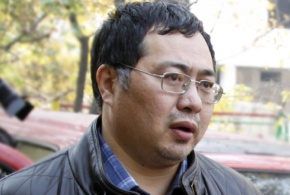 Сот белсенді Ермек Нарымбайдың мерзімінен ерте босап шығу туралы өтінішін орындамады
Сот белсенді Ермек Нарымбайдың мерзімінен ерте босап шығу туралы өтінішін орындамады
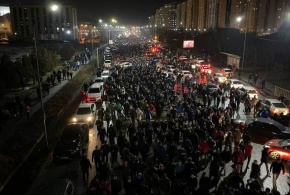 Poverty and misery of …. “terrorists”
Poverty and misery of …. “terrorists”
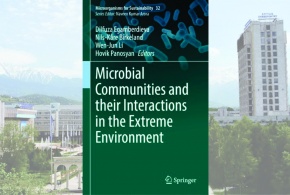 SCIENTISTS OF THE KAZNU ARE INVESTIGATING THE PROBLEM OF SURVIVAL OF MICROORGANISMS IN EXTREME CONDITIONS
SCIENTISTS OF THE KAZNU ARE INVESTIGATING THE PROBLEM OF SURVIVAL OF MICROORGANISMS IN EXTREME CONDITIONS
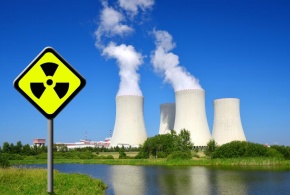 "Atomic" exam for officials of Kazakhstan
"Atomic" exam for officials of Kazakhstan
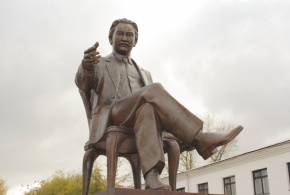 Faculty of Journalism of the Al-Farabi Kazakh National University held an annual scientific and practical conference «Bekhozhinov readings»
Faculty of Journalism of the Al-Farabi Kazakh National University held an annual scientific and practical conference «Bekhozhinov readings»
 Kazakhstan signed an agreement with Russia on the allocation of vaccine against coronavirus
Kazakhstan signed an agreement with Russia on the allocation of vaccine against coronavirus